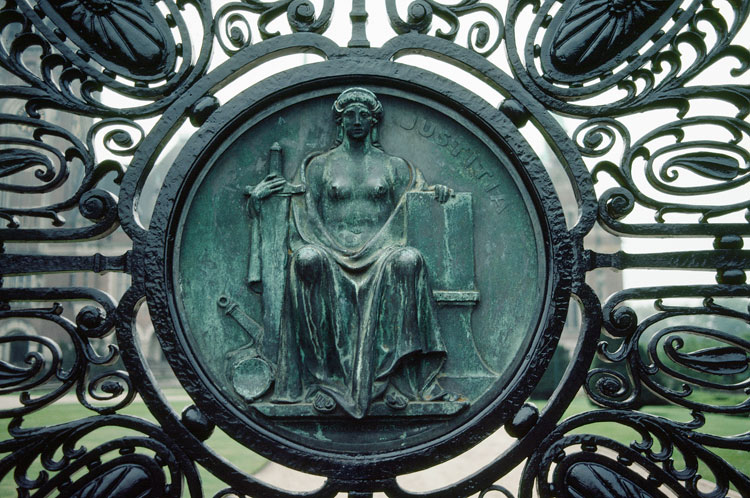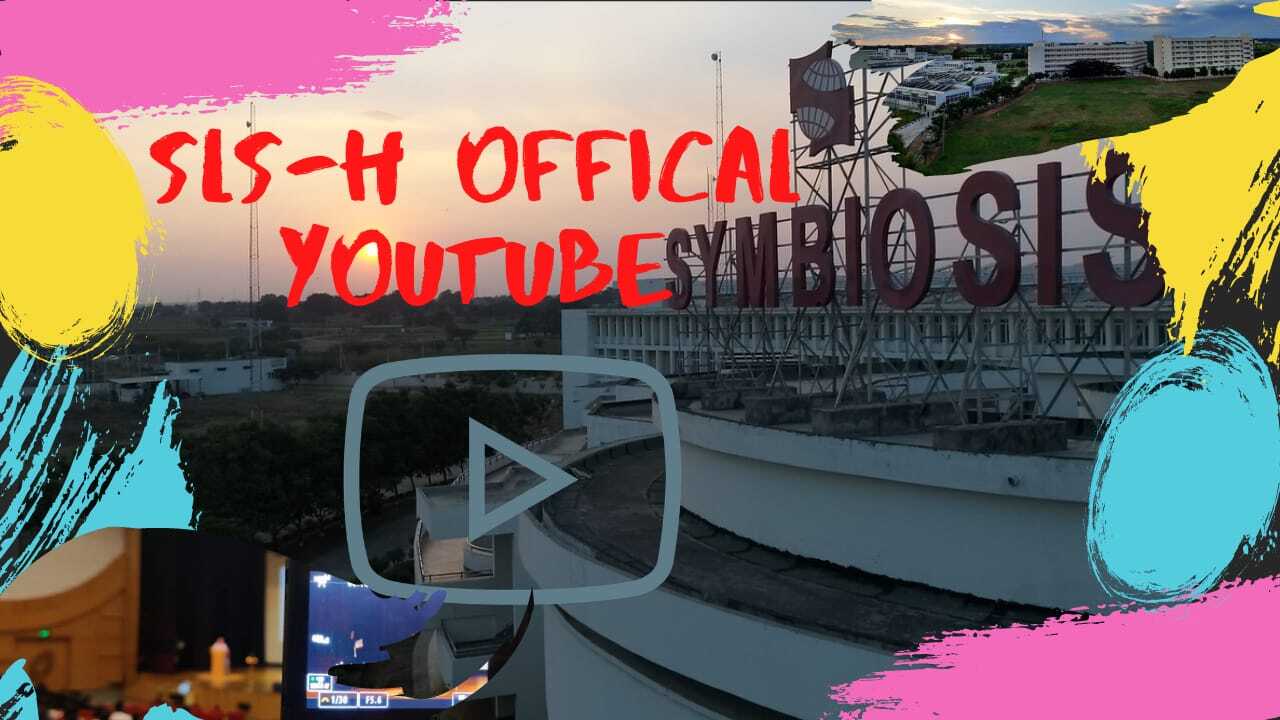
INTERNATIONAL CRIMINAL COURT (ICC) & HUMAN RIGHTS
A statute was adopted in Rome on 17th July, 1998 known as the Rome statute of the International Criminal Court thereby establishing the International Criminal Court (ICC),[1] located at The Hague, the administrative capital of Netherlands. However, the court was formally established on 1st July, 2002. The court’s jurisdiction extends only to try the offenses after its establishment in 2002 and it handles prosecutions of individuals, unlike the International Court of Justice (ICJ) which hears matters between the states.
ICC has jurisdiction over the crimes of genocide, war crimes, aggression and crimes against humanity which pose a serious concern to the international community.[2] However, the court does not have the power to prosecute any alleged perpetrator from any part of the world. It can exercise its jurisdiction only over the State where the crime was committed which is a party to the ICC Statute or when the perpetrator is a national of the State party. These conditions will not be applicable if the UN Security Council acting under the Chapter VII of the UN Charter refers the situation to ICC.
It is a well-established fact that the ICC is not an alternative or substitute to the national courts. The ICC can only entertain cases where the State party is unable to carry the trial and investigation process to prosecute the perpetrators. ICC consists of four organs namely, The Presidency, The Chambers, The Office of Prosecutor and The Registry all of which have a specific role in bringing justice to the society. It is pertinent to note that government officials, members of the parliament, or the head of the state do not have any immunity unlike the powers enjoyed by them in domestic affairs.[3]
With its fair and transparent organs, ICC provides us hope that justice will be provided and the sole reason for its existence is to eradicate the crimes of heinous nature committed in the international community. But it is important to note that it is not a human rights institution but a criminal court. Despite being signatories to various Human Rights declarations and treaties the States have failed to oblige to the terms of the Declarations by engaging to anti-human rights. The treaties provide a list of human rights which are to be protected but are devoid of any mechanism for their enforcement. ICC believes justice will ensure peace and the former always takes precedent at any cost. It might not seem to be an issue, but we need to remember that the cases handled by ICC are of grave nature and the alleged perpetrators are mostly responsible for the crimes committed.
Although the formation of ICC is a progressive movement of the entire world to move towards an ecosystem that abides by human rights, the lack of universal or concrete procedural norms has created hurdles in the proper implementation of the objective. For example, ICC accepts hearsay and other loose evidentiary standards are applied to ensure justice is provided to the affected parties.[4] But is it fair for the perpetrators who have successfully executed their plan in committing genocide or kidnapping children and drugging them and using them as a pawn to execute his plans and eventually building an army for himself or capturing girls and turning them into bush wives etc., do they deserve to be prosecuted in a fair manner even though the indictment against them proves that they do not have any respect or value for human rights or human lives?
As a common man, one would not hesitate to express his/her opinion stating ‘that a person who has committed the crimes of heinous nature should not deserve any human rights. But as an institution that enforces the law and upholds justice, it is very salient that ICC guarantees its parties to the prosecution a fair trial and investigation process which does not violate any of the human rights. However, ICC does not explicitly violate any of the human rights.
In Lubanga’s trial, the court allowed the victims legal representatives’ to question witnesses about specific contact which she had with the accused and her knowledge of the use of child soldiers in an attempt to establish his knowledge of the crimes. This reflects the victims and their desire, in the case, to have the accused convicted.[5] However, the witnesses’ statements are linked with the notion of assisting the court in establishing the truth which does not essentially make it unlawful.
In another case, The Appeals Chamber in the appeal presented by Abdullah Al-Senussi against the decision of Pre-Trial Chambers stated “Indeed, the Court was not established to be an international court of human rights, sitting in judgement over domestic legal systems to ensure that they are compliant with international standards of human rights”.[6] These statements and the stance taken by the ICC in a variety of other cases clearly enumerates that it is ready to do anything for justice even at the cost of human rights.
There is no denial that ICC at times has a conflict with international criminal law and human rights law, but it is important that a person should be guaranteed all the human rights for a fair trial even though the indictments upon him prove that he has alleged to have committed heinous crimes of human rights violation. However, ICC was never established to advocate for human rights, its only objective is to provide justice but in the future, it can try to incorporate the need for human rights by a comprehensive a transparent approach and reducing such tensions in the future.
ICC has contributed a lot since its establishment for upholding justice. It is important to note that ICC not only aims at proving justice but it also promotes peace. But it has not defined neither of the terms ‘peace’ and ‘justice’ in its preamble, as one’s interpretation and understanding of peace and justice might be conditions of war and injustice for another. It is expected that ICC will bring one significant step closer to a better future, in the following years by providing fairness and justice for all the parties involved in the ICC proceedings.
[1]Understanding the International Criminal Court, https://www.icc-cpi.int/iccdocs/PIDS/publications/UICCEng.
[2]Dapo Akande & Antonios Tzanakopoulos, Treaty Law and ICC Jurisdiction over the Crime of Aggression, European Journal of International, 29(3), 939-959, (2018).
[3]Ssenyonjo & Manisuli, The ICC Arrest Warrant Decision for President Al Bashir of Sudan, The International and Comparative Law Quarterly, 59(1), 205-225, (2010).
[4]Michael P. Scharf, Chaos in the Courtroom: Controlling Disruptive Defendants and Contumacious Counsel in War Crime Trials, Case Western Reserve University L.J, 2006, https://www.icc-cpi.int/NR/rdonlyres.
[5]Brianne McGonigle Leyh, Pragmatism over principles: The ICC and A Human Rights-Based Approach to Judicial Interpretation, Fordham International Law Journal, 41(3), (2018).
[6] Prosecutor v. Saif Al-Islam Gaddafi & Abdullah Al-Senussi, ICC-01/11-01/11-565.
Thanks to Ms. D. Hamrutha of Team CCCJ for her contribution.

